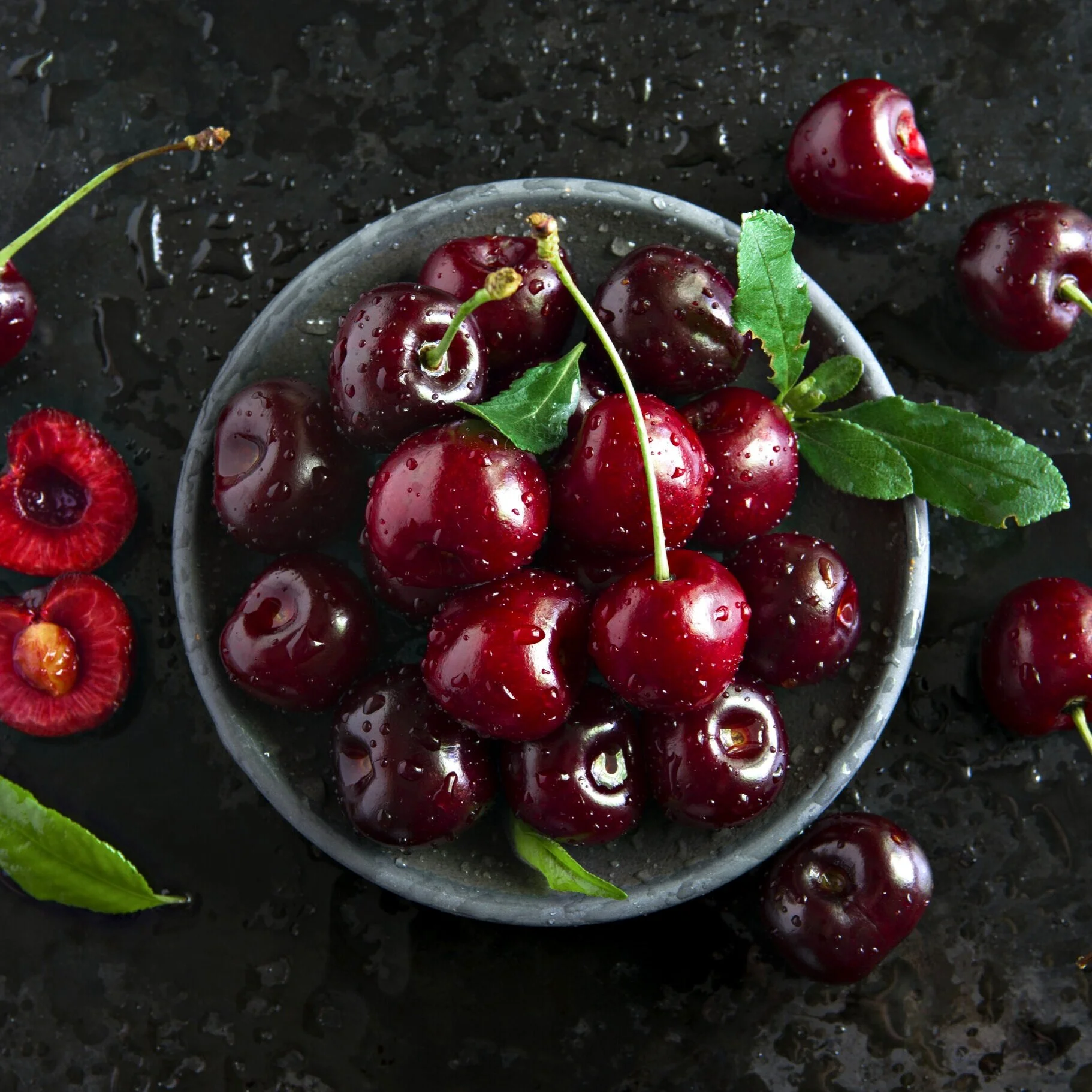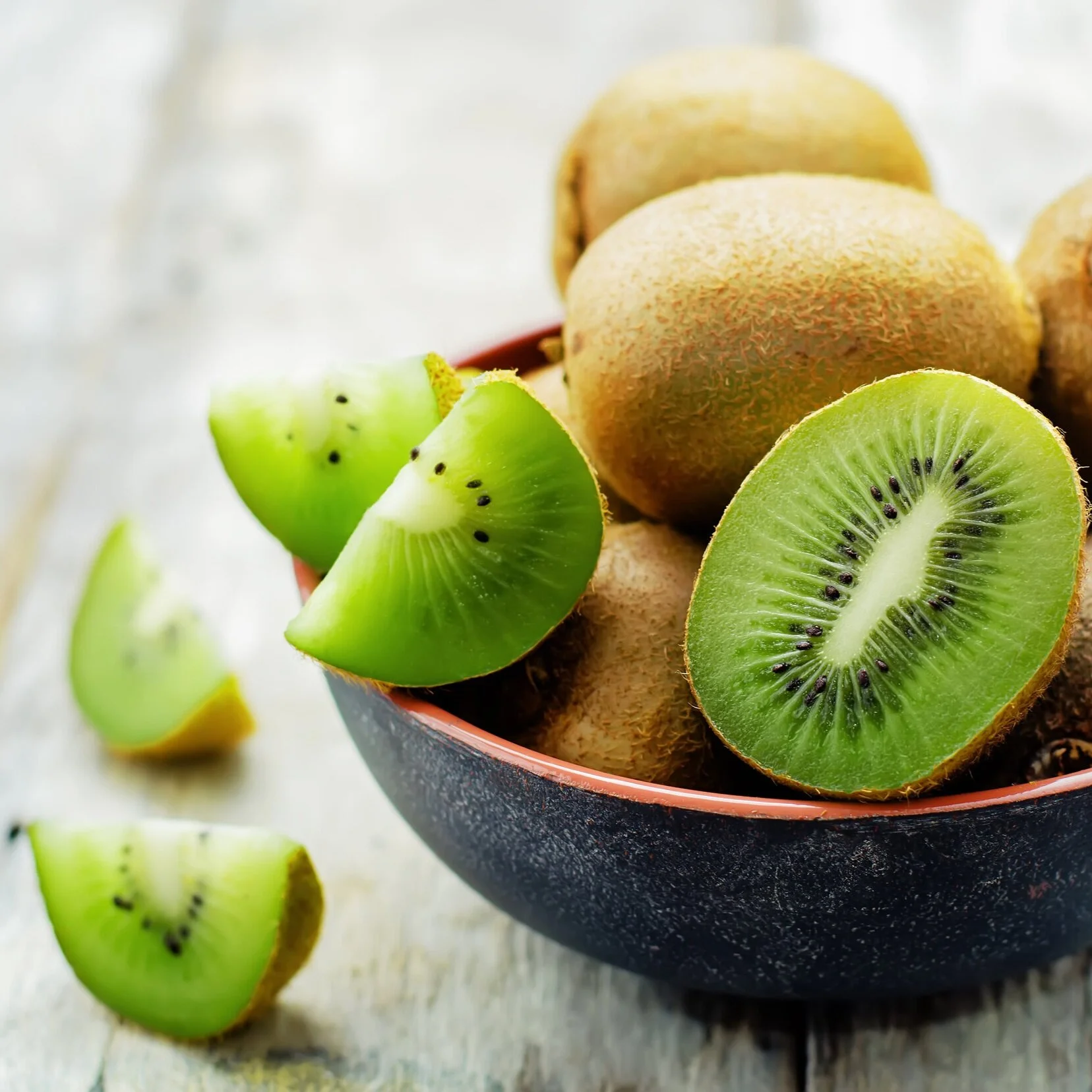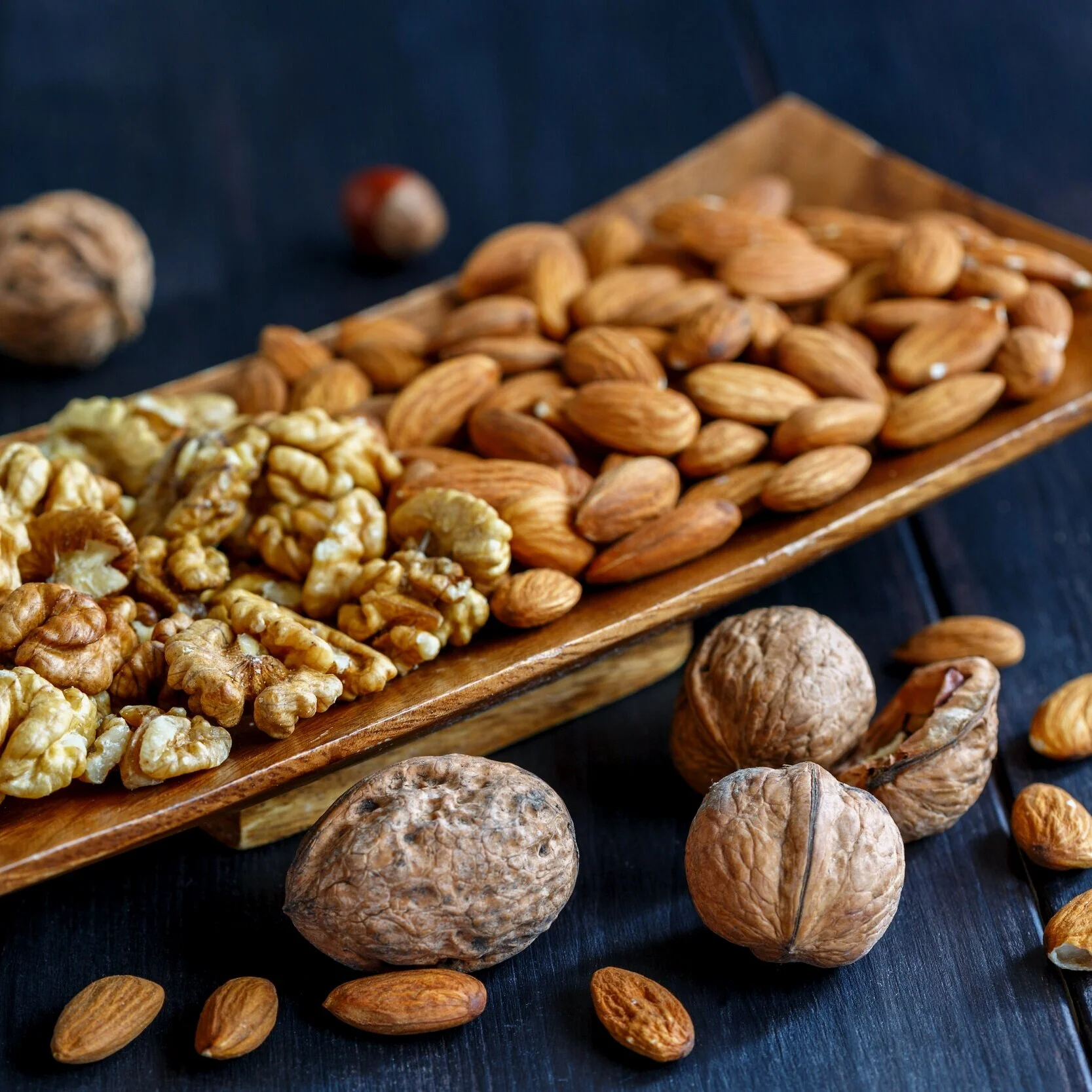What foods can help you sleep?
It seems logical that what and when you eat in the evening can have an impact on your sleep. But it’s usually overlooked when assessing your bedtime routine.
Studies have found that our dietary patterns and consumption of specific foods can have a significant impact on our sleep quality, with some foods having the potential to really disrupt our sleep.
How important is diet to good sleeping habits?
Eating healthy, well balanced meals support your body’s pathways when regulating your hormones, some of which impact how much sleep you get and how well you sleep. This means that eating foods containing nutrients that support sleep – and in the right amounts – is crucial to ensuring you are able to drift off when your head hits the pillow.
In the same way that your diet can influence your sleep, poor sleep is in turn associated with unhealthy eating habits. Your sleep and diet are supposed to support one another, because both influence your energy levels throughout the day. Try to keep a consistent sleeping and eating pattern, so that they are able to work together to supply your body with energy.
Eating foods high in nutrients that support sleep is crucial to ensuring we are able to drift off when our head hits the pillow.
When and how much should you eat in the evening?
There is growing evidence to suggest that the time you eat can impact your circadian rhythm also known as your sleep-wake cycle. As a result, eating too close to when you go to bed can potentially impact your sleep routine, and so it’s best to eat earlier in the evening, allowing yourself a couple of hours to digest your meal before going to sleep.
However, there is no hard and fast rule for when you should be eating. It’s important to listen to your body and how you feel, and aim to feel satisfied when you eat in the evening, but not stuffed or hungry. It all depends on what works well for you.
What are some of the worst foods to eat before you sleep?
While some foods are fine to eat throughout the day, whether because they are good fuel or a tasty pick-me-up, they may not always be a good idea to eat close to bedtime. The obvious one is caffeine; because it stimulates the brain and provides you with energy, thus keeping you awake.
Foods high in sugar can be stimulating as well. Sugary foods heighten arousal and give you a dopamine hit, which keeps you feeling alert. Stay away from sugary foods like sweets, chocolate and cakes at least two to three hours before going to bed.
Some foods can cause disrupted sleep simply because they take longer for the body to digest. If you’re struggling with your sleep, try to stay away from heavy proteins in your evening meals, and minimise the carb-rich foods like rice and pasta. Instead try plant-based alternatives, which are lighter and less likely to keep you awake.
What foods will help you get a good night’s sleep?
This is going to sound weird, but kiwis are excellent sleep aids. In fact, in a study, participants who started consuming kiwis regularly before bed were able to fall asleep 42% faster than they did before. Foods high in melatonin are great, because melatonin is the hormone that helps to regulate your circadian rhythm. Fruit such as cherries and nuts like walnuts and almonds are a great source of this crucial hormone.
Also, fatty fish such as salmon and tuna are a good option for your evening meal. They are a great source of vitamin D and omega 3 fatty acids, which help to regulate serotonin, the hormone that is responsible for maintaining sleep. Milk contains vitamin D, too, as well as tryptophan, both of which have been linked to supporting sleep.
Sources:
https://www.ncbi.nlm.nih.gov/pmc/articles/PMC5015038/



